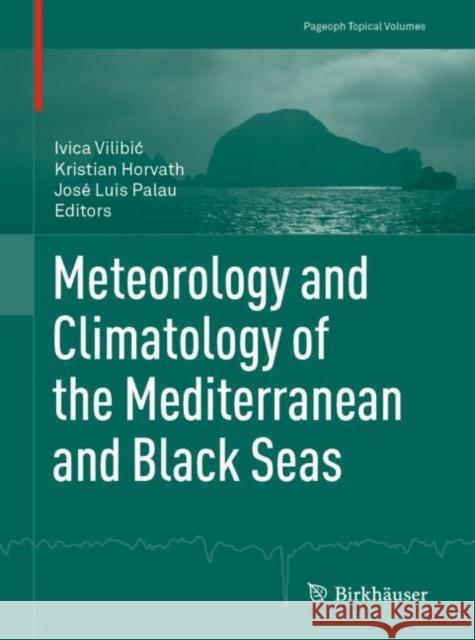Meteorology and Climatology of the Mediterranean and Black Seas » książka
topmenu
Meteorology and Climatology of the Mediterranean and Black Seas
ISBN-13: 9783030119577 / Angielski / Miękka / 2019 / 410 str.
Kategorie BISAC:
Wydawca:
Birkhauser
Seria wydawnicza:
Język:
Angielski
ISBN-13:
9783030119577
Rok wydania:
2019
Wydanie:
2019
Ilość stron:
410
Waga:
0.81 kg
Wymiary:
25.83 x 19.43 x 2.13
Oprawa:
Miękka
Wolumenów:
01











